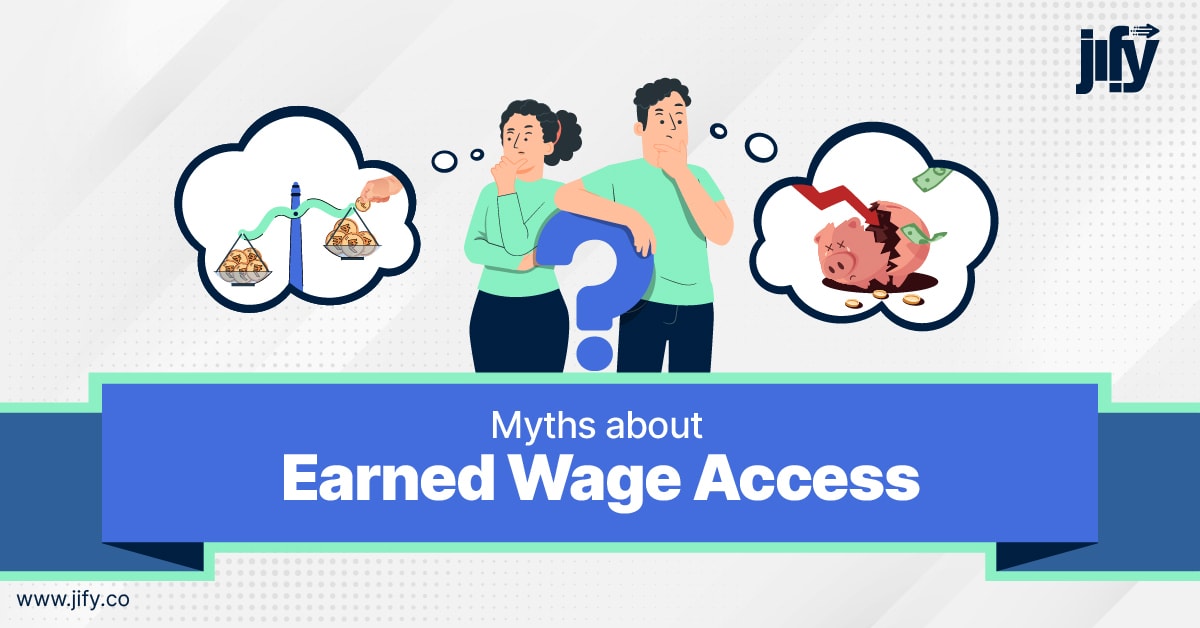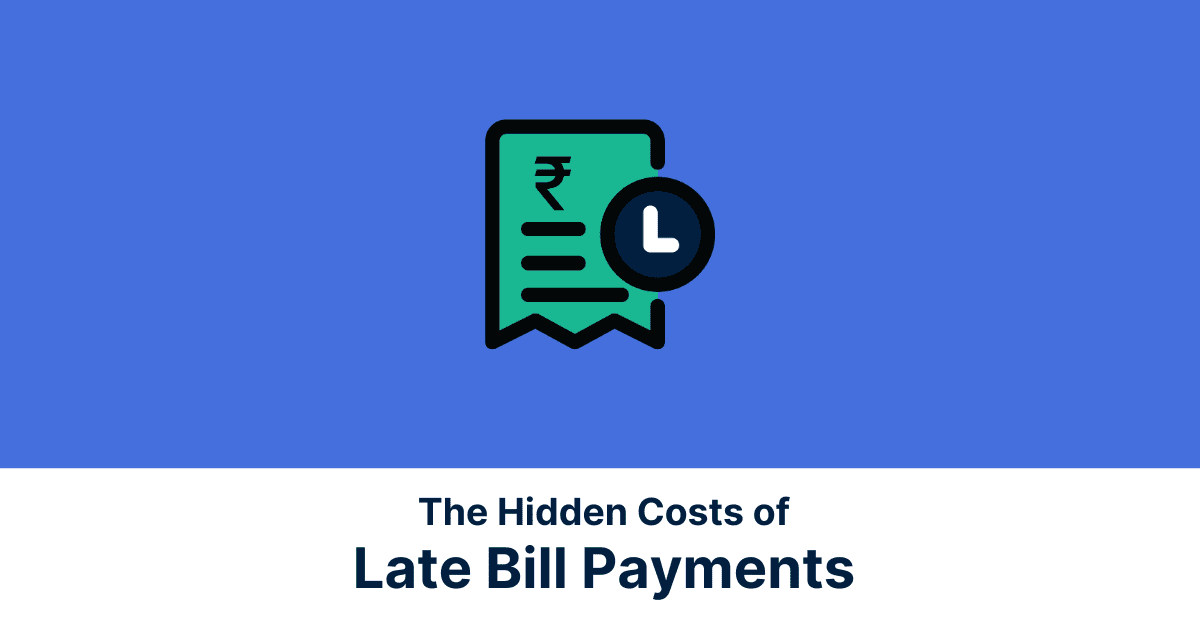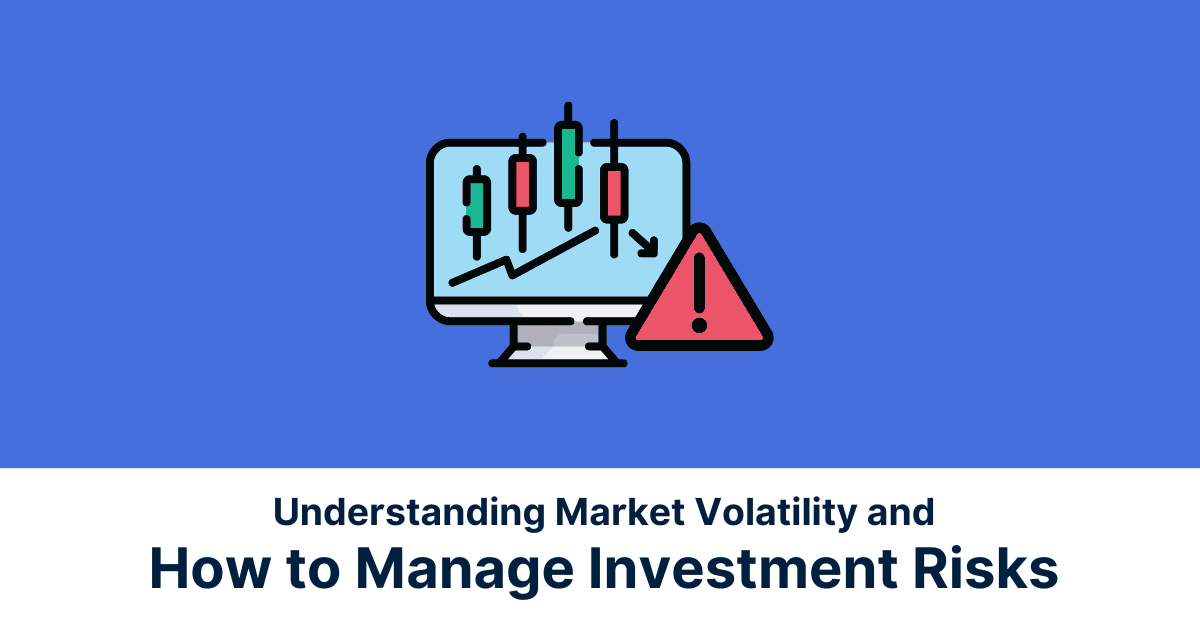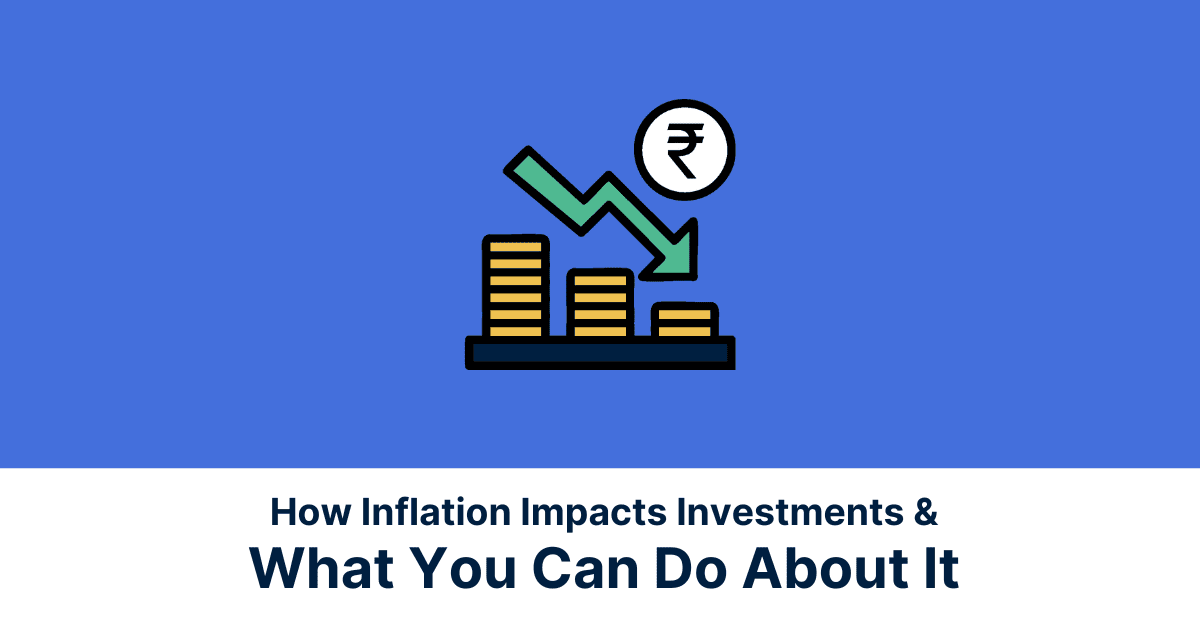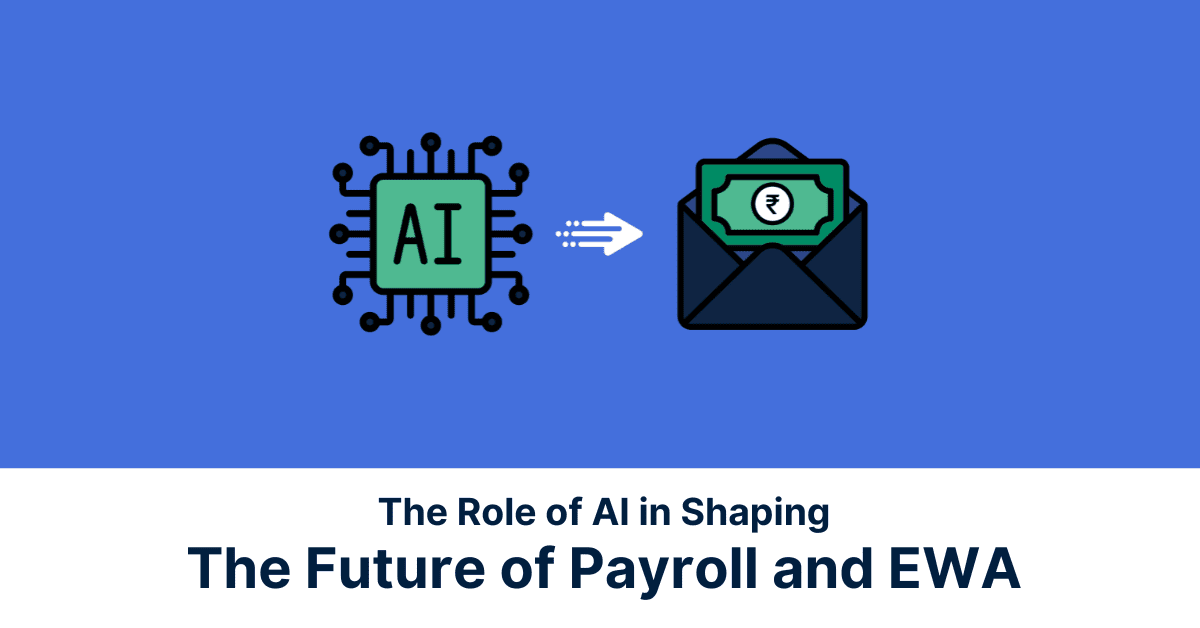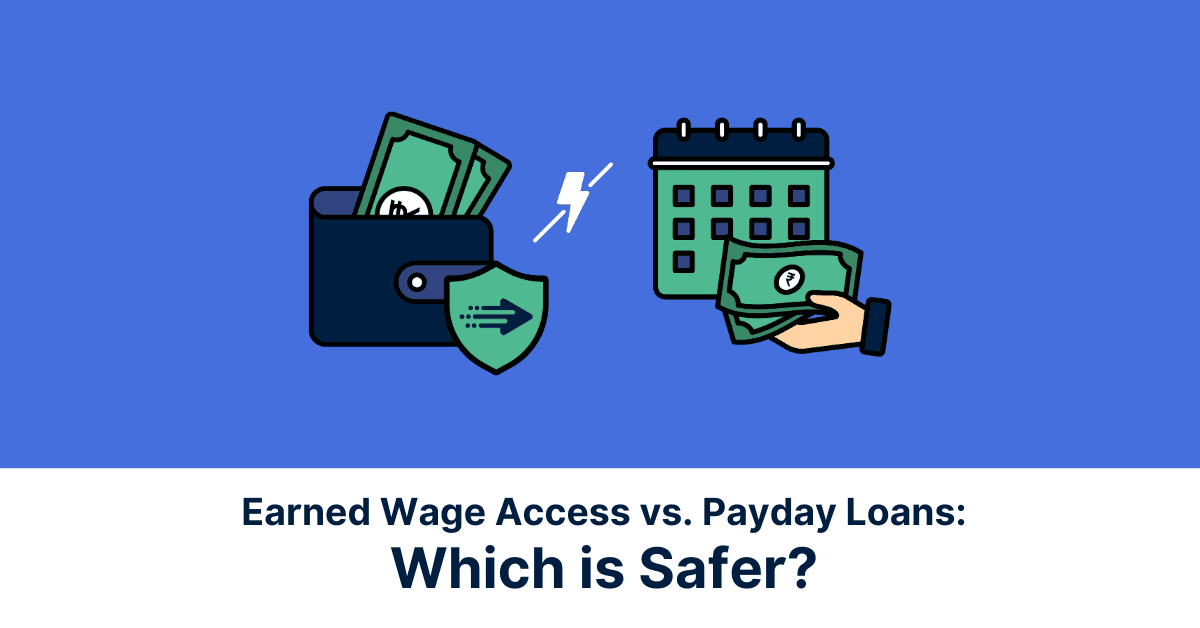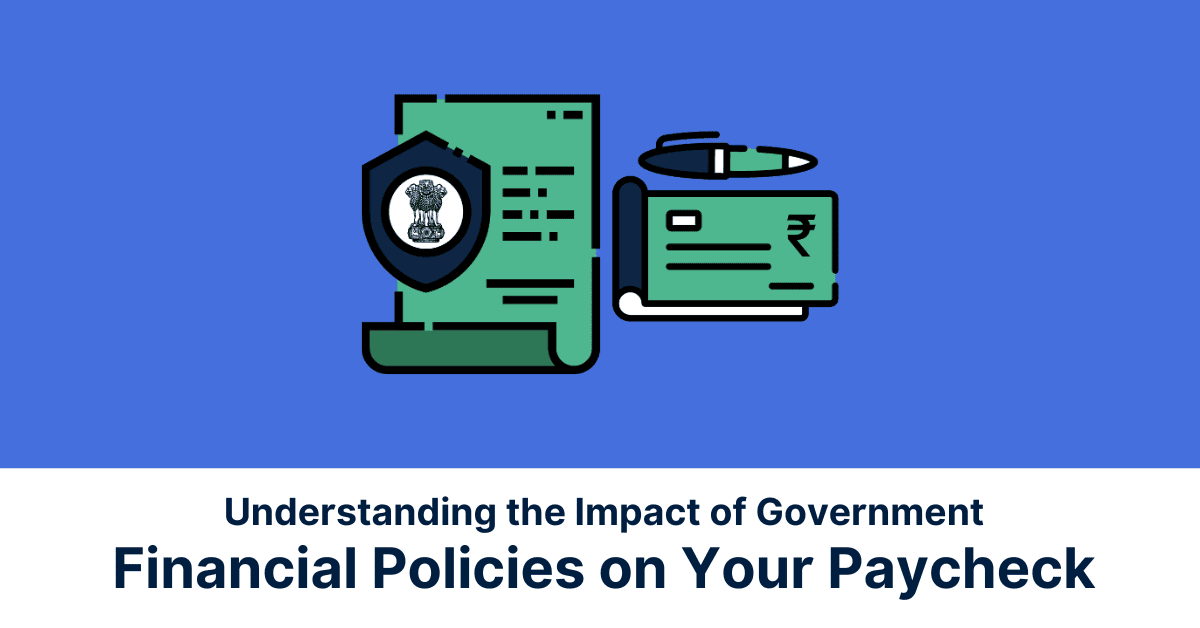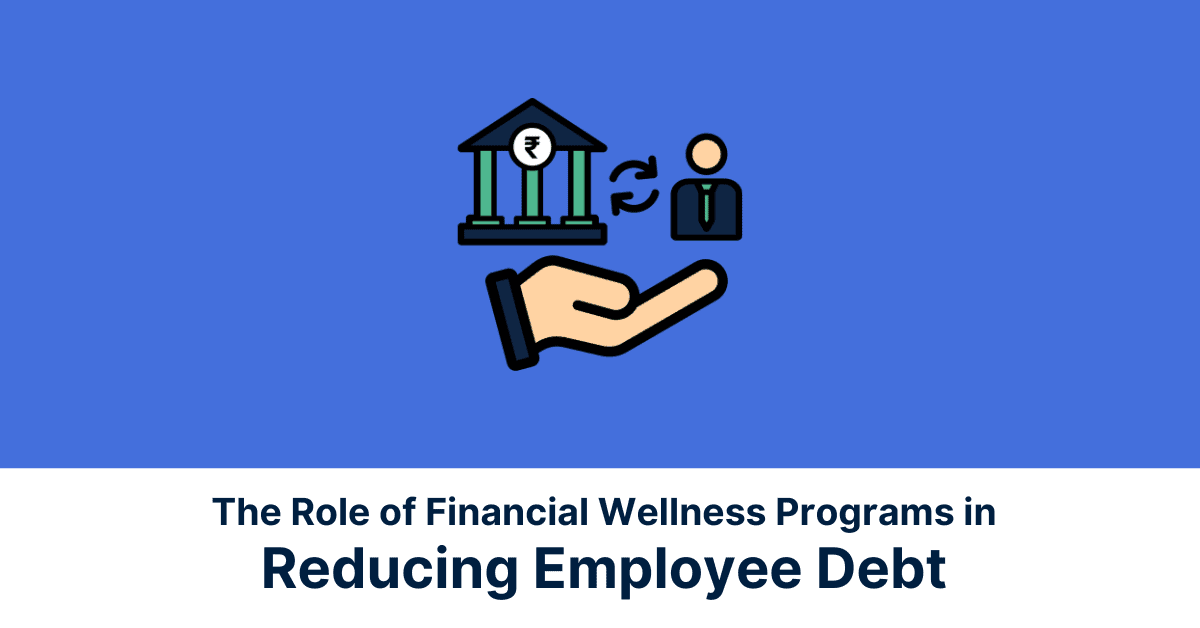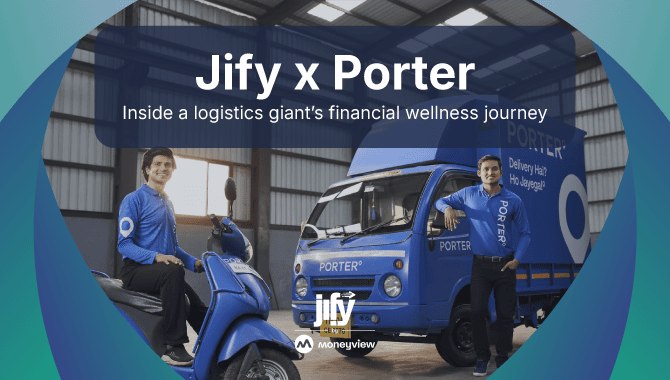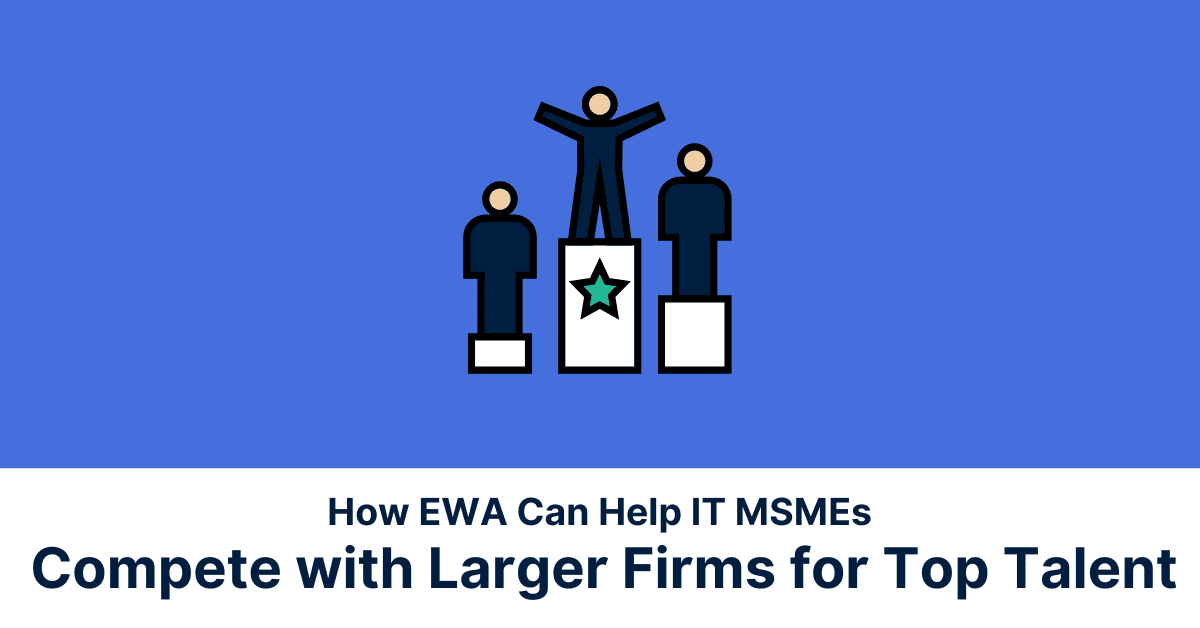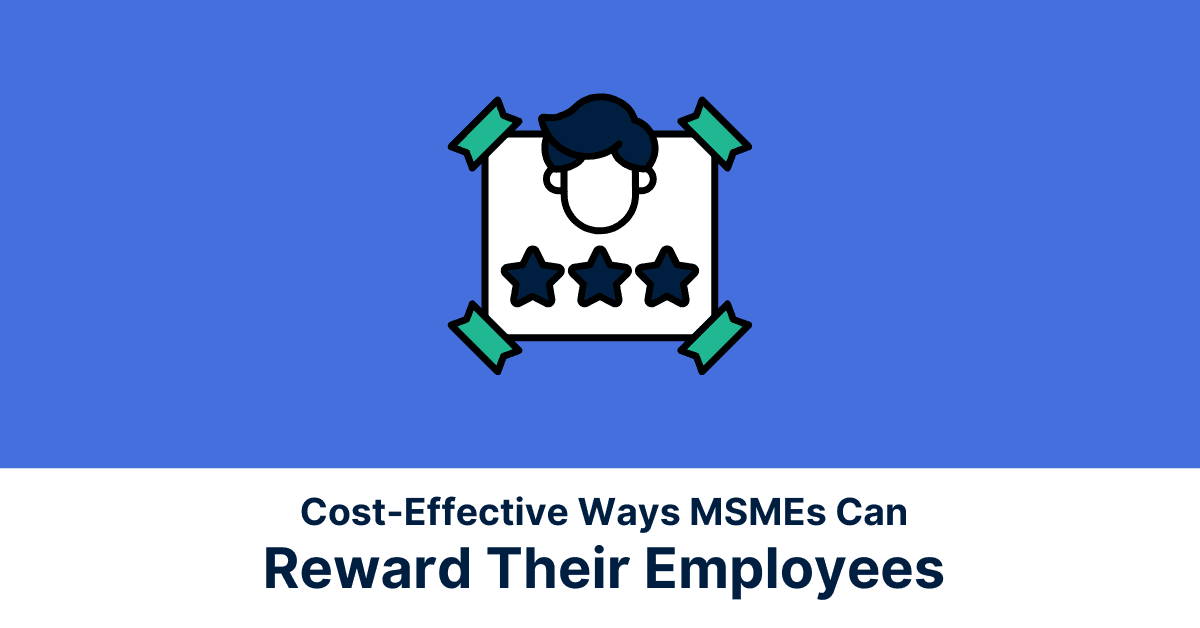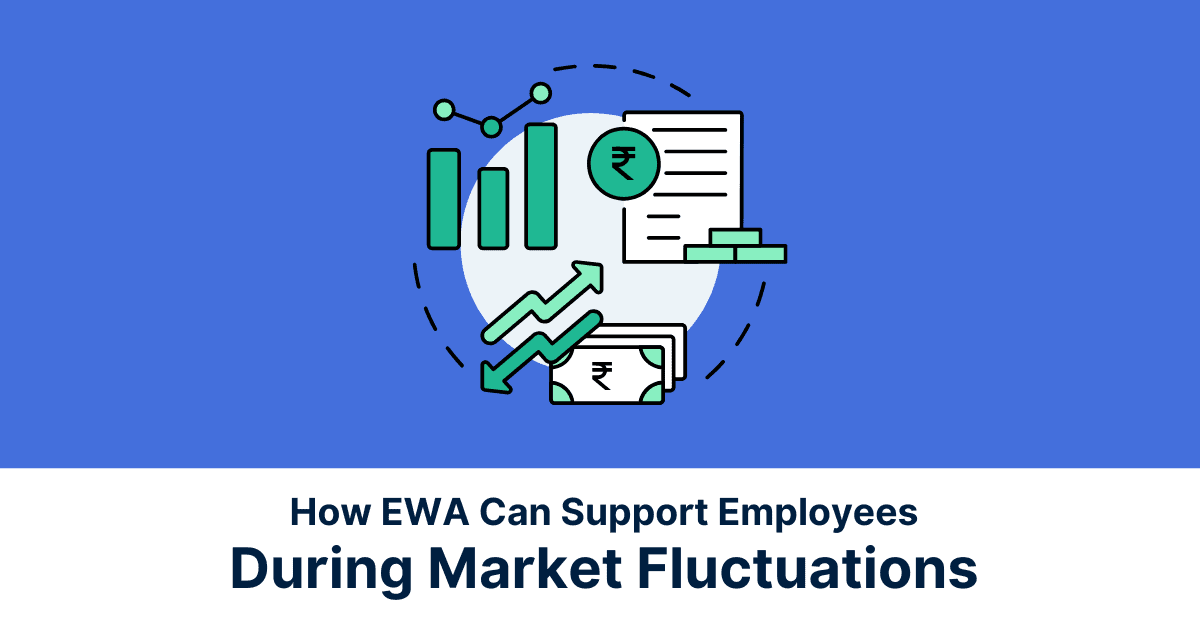In India, the inflation rate as of March’23 has hit 5.66%. The cost of living has been on an exponential rise with the uncertain economic times making it difficult for people to meet the needs with their limited income, thereby leading to an increase in financial stress.
While companies have traditionally focused on wellness plans to address mental and emotional well-being, personal finance has often been neglected, leaving individuals without proper resources. Only 27% of adults in India meet the minimum level of financial literacy as defined by the Reserve Bank of India. The statistics falls to 24% in terms of women’s financial literacy rate.
With uncertainty being on an all-time high post-pandemic and amidst the war, it has become evident that being unprepared for emergencies and experiencing financial distress significantly impacts overall well-being. As a result, employee financial wellness has become a critical aspect of comprehensive employee benefits packages.
Some organizations offer liquidity access through salary advances, but the process can be time-consuming, disrupt company cash flow and not to mention: a painful ask on behalf of the employee involving stigma and unnecessary scrutiny. To address this, HR leaders with an outlook for the future have embraced innovative solutions like Earned Wage Access (EWA), also known as Salary On-Demand, on-demand salary and on-demand wages or pay, which allows employees to access their accrued but unpaid salary before the traditional payday.
However, like any innovative solution relatively new in the market, there are certain degree of misconceptions prevalent about Earned Wage Access, so let’s get debunking these myths!
Myth #1: Earned Wage Access is a form of debt.
Fact: Many people believe that EWA is a form of debt or a loan, but it’s not. It’s a flexible employee benefit that allows workers to access a portion of their earned wages before their regular payday, within limits set by their employer, without incurring any debt or paying an interest.
Myth #2: Salary on-demand is an additional burden on the payroll systems.
Fact: Salary on-demand or EWA has no impact on the payroll systems that are already in place and does not require any extra effort from the payroll team. It seamlessly integrates with existing payroll processes, making it a hassle-free benefit for both employers and employees. Payroll calculations remain the same, and adjustments can be made through the regular payroll process.
Myth #3: Earned Wage Access is only suitable for low-paid workers.
Fact: On-demand Pay or EWA lets any individual have the flexibility of accessing their pay, if and when required. With changing working models, it has seen exponential adoption by professionals of all experience levels. With more than 1 in 3 Indians live from paycheck to paycheck, majority of employees, if given a choice, would want to be able to access their salary basis their personal requirements rather than a day traditionally chosen years ago basis circumstances of the past.
Myth #4: On-demand Salary can lead to money negligence.
Fact: EWA makes funds accessible to employees during a cash crunch in order to prevent from borrowing or debt-traps. Employers can monitor usage, in order to safeguard employees from a habit of unnecessary spending. Additionally, a lack of financial knowledge can lead to irresponsible spending. To prevent this, companies offer personalized financial coaching to help employees make informed financial decisions.
Myth #5: EWA providers put data security at risk.
Fact: In India, there are several data protection laws and compliances in place which all fintech organisation, big and small, have to adhere to. Therefore, all EWA providers adhere to regulations mandated by RBI, thereby placing proper checks and balances in place to ensure optimum security and data protection.
Myth #6: Earned Wage Access is expensive.
Fact: An on-demand pay solution usually comes with rates that are often lower than traditional payday loans or credit card interest rates.Usually, no hidden fees is involved. EWA solutions are relatively more pocket-friendly as compared to other employee benefits
Earned Wage Access is a means to an ultimate goal of empowering employees in India. By providing a platform that makes it easy for employees to access their accrued salary if and when required, prior to a traditionally-set payday, makes employees not only secure from financial stress but also gives them a sense of liberation and control over their finances. It provides high perceived value to employees and serves as an investment in their well-being, employer brand, and competitive advantage for recruitment and retention.
*Disclaimer:
The information contained herein is not intended to be a source of advice concerning the material presented, and the information contained in this article does not constitute investment advice. The ideas presented in the article should not be used without first assessing your financial situation or without consulting a financial professional.
